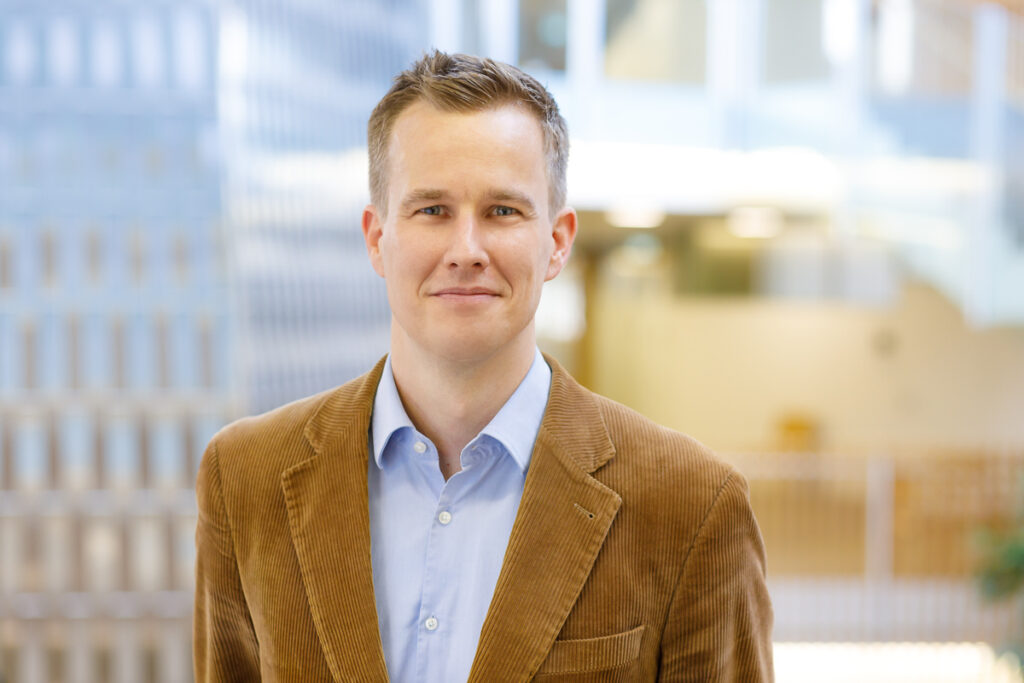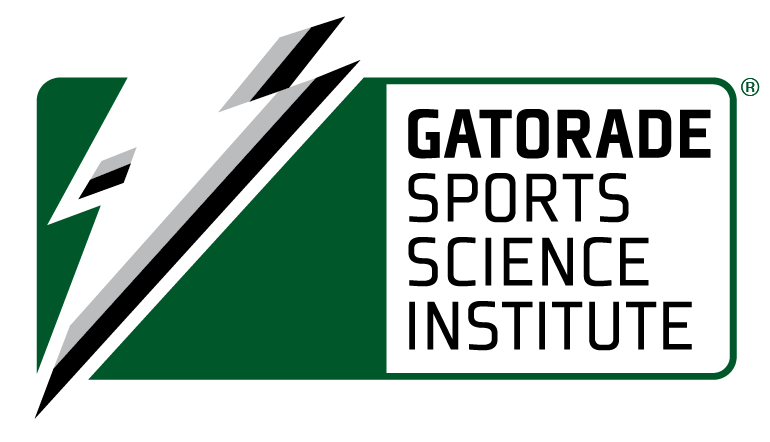
Cancer is a major societal, public health and economic problem, with close to 20 million new cases and nearly 10 million cancer-related deaths reported worldwide per year. These numbers suggest that approximately one in five individuals will develop cancer at some point, and around one in nine men and one in twelve women die from it.
As such, cancer is among the three leading causes of death in a vast majority of countries. Predictions indicate that the number of annual new cases of cancer will reach 35 million by 2050. Therefore, investments in prevention, optimized treatment and disease management, as well as rehabilitation measures, could avert millions of future cancer cases.
Given cancer is not a singular disease, exercise research and programming to prevent and treat cancer are complex and challenging. Cancer can develop in any organ or tissue structure, resulting in very different diseases (e.g., tumor in the breast vs. gastrointestinal tract vs. brain) and may invade (metastasize into) other areas of the body, resulting in complex challenges (e.g., a prostate tumor invading the bone structures of the vertebra, resulting in bone instability). Cancer treatments typically involve heavily toxic drugs (e.g., haemato-, cardio- and/or neurotoxic agents) and/or intensive surgery (e.g., lobectomy due to lung cancer) or radiotherapy procedures (e.g., ionic therapy of brain metastases).
Research on exercise and cancer has developed rapidly within the last 20 years and gained significant recent attention. With approximately 1,000 publications per year within the last 10 years, the field involves numerous active researchers from different disciplines, including oncology health-care professionals and trainers/therapists worldwide, all seeking to further the collective understanding of exercise as a “medicine” in cancer prevention, care and rehabilitation.
A large body of epidemiological studies in the field of primary prevention provides evidence that increased physical activity levels, better fitness and reduced sedentary time are linked to an up to 24% reduction in cancer incidence rates. From a patient perspective, the positive effects associated with physical activity and exercise interventions are particularly important with regard to not only the management of disease- and treatment-related side effects but also the prevention of long-term complications caused by medications that are toxic to the heart, nervous system and bones.
In addition, several meta-analyses show the positive effect of physical activity for cancer patients on a psychosocial level. As expected, physical functioning can also be improved or at least stabilized (under intensive therapy) through regular training. Exercise as an adjunct cancer intervention leads to better symptom management and quality of life, with initial studies suggesting better cancer treatment tolerability, which may lead to better outcomes. A large body of observational studies shows a lower risk of mortality — in fact, up to 50% lower — for physically active patients who have completed treatment compared to less-active or inactive patients. Similar associations can be seen in connection with the likelihood of cancer recurrence for physically active individuals. These observations are underpinned by long-term follow-ups to randomized controlled trials and preclinical studies, which have generally demonstrated that exercise can reduce tumor growth, primarily by modulating the tumor microenvironment through metabolic, immune and angiogenesis regulation.
Based this body of evidence, multiple international cancer and exercise science organizations have endorsed exercise as a prophylactic and therapeutic intervention for cancer. In a follow-up from 2010, ACSM recently released an updated Consensus Statement for exercise oncology. This was produced via an international multidisciplinary roundtable involving 40 clinicians, researchers and consumers from 20 international organizations to advance and update exercise recommendations for cancer prevention, patient care and implementation.
Based on this growing international collaboration, a planning meeting was held with the purpose of founding an International Society of Exercise Oncology (ISEO) as a pre-conference of the 2024 ACSM Annual Meeting in Boston, Massachusetts. ISEO will launch virtually in 2025, and its inaugural conference will take place July 22-23, 2026, in Heidelberg, Germany. The society will work on major challenges in the field, including the translation of research to clinical practice and developing and training an exercise oncology workforce with the goal of integrating exercise programming and insurance coverage as part of routine cancer care. Further, ISEO will foster inter-/multinational research exchange and collaboration for (pre-) clinical trials in exercise oncology as well mentoring trainees and early and mid-career researchers to support and develop the next generation of researchers and clinicians.
About the Authors

Joachim Wiskemann, PhD, FACSM, is a professor of sport science and head of the Exercise Oncology Group at the Heidelberg University Hospital and the National Center for Tumor Diseases (NCT) in Heidelberg, Germany. He is a member of the ACSM Multidisciplinary Roundtable on Exercise and Cancer Prevention and Control, has substantial experience in exercise programming for cancer patients and has conducted various clinical trials resulting in more than 100 scientific papers. Dr. Wiskemann established the German exercise oncology network OnkoAktiv as well as a comprehensive exercise care program for cancer patients at the NCT.

Anne May, PhD, is a professor of clinical epidemiology of cancer survivorship as well as research director of the Julius Center at the University Medical Center in Utrecht, the Netherlands. She is also group leader at the Netherlands Cancer Institute in Amsterdam. Starting during her PhD research, she has investigated the effects of exercise on treatment-related side effects and prognosis. She is principal investiator of several large national and international exercise randomized controlled trials. A member of ACSM, she has served on several international lifestyle and cancer-related guideline panels, participated in the second ASCM roundtable on exercise and cancer, and coauthored the second ACSM guidelines for exercise and cancer.

Kathryn Schmitz, PhD, FACSM, is interim director of the UPMC Hillman Cancer Center and professor of hematology oncology at the University of Pittsburgh School of Medicine. She is a fellow and former president of ACSM and currently serves as the chair of the International Relations Committee. She is the founder and director of ACSM’s Moving Through Cancer initiative, which arose from the Exercise Is Medicine® initiative. She is first author of the first ACSM guidelines for exercise and cancer and senior author on the second ACSM guidelines for exercise and cancer.



